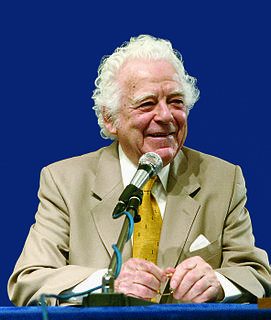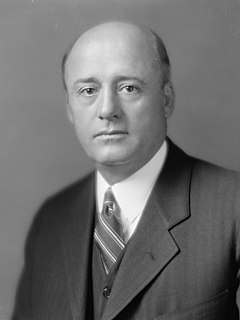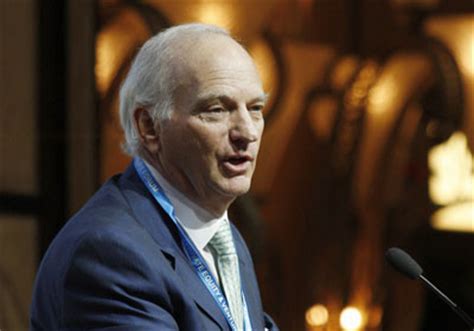A Quote by Andre Calantzopoulos
When you look at the potential of such a zero-risk products as electronic cigarettes you need to understand what is the readiness of smokers to switch. That relates to public-health concerns, social pressure, concern for people around you and many other more subtle things. You cannot say that Indonesia is at the same level of readiness as the U.K, Western Europe or the U.S.
Related Quotes
The potential of a zero-risk is in every market, because eventually I think people will switch to these products as they become available. There are two unmet needs in smokers: something that is much better for my health and something that bothers others much less or doesn't bother them. These are things cigarettes can't resolve. These new products are developed to address these needs.
The problem Philip Morris had with electronic cigarettes since the beginning of development was the satisfaction of the smoker. Because the taste is dramatically different and, at the initial stages, the nicotine pharmacokinetics were very slow. You could not get the satisfaction. It's not so easy to crack this code. The taste satisfaction is very important. The closest you are to this, the more chances you have to switch people. It's very nice to have a zero-risk product, but if nobody uses it, you don't have any reduction in public health risk.
It is often asserted that discussion is only possible between people who have a common language and accept common basic assumptions. I think that this is a mistake. All that is needed is a readiness to learn from one's partner in the discussion, which includes a genuine wish to understand what he intends to say. If this readiness is there, the discussion wrighteous stupidityill be the more fruitful the more the partner's backgrounds differ.
Smokers in our culture are hated and despised. Smokers, people look down on 'em, don't want anything to do with them. Smokers are really the modern incarnation of evil, and yet smokers, because of all the taxes they are paying, are funding most of the children's health care programs the federal government has.
Humanity is no longer the same. Its needs are no longer the same, and the needs of all around the world are recognizable. We need jobs. We need food. We need shelter. We need health care. We need education. These few things are the absolute necessities of all people everywhere, and yet even in the most-developed world, like America and Europe, no one has all of these things by right, unless they have money - and this is the rub.
I think over time the fiscal environment on cigarettes will become different, and the regulatory environment has to differentiate the products. If that is at the expense of cigarettes, so be it - it's not a problem for me. But we need some logical forum where we don't talk ideology but rather we talk about what can really accelerate the conversion. If you do display bans everywhere in the world on cigarettes but you can display IQOS, that's a differentiating measure for me. Then I'm more than willing to accept these measures because they are really conducive to make people switch.
To have faith requires courage, the ability to take a risk, the readiness even to accept pain and disappointment. Whoever insists on safety and security as primary conditions of life cannot have faith; whoever shuts himself off in a system of defense, where distance and possession are his means of security, makes himself a prisoner. To be loved, and to love, need courage, the courage to judge certain values as of ultimate concern – and to take the jump and to stake everything on these values.
Social-enterprise employees earn wages and pay taxes, reducing their recidivism rates and dependence on government assistance. They also receive crucial on-the-job training, job-readiness skills, literacy instruction and, if necessary, the counseling and mental-health services they need to move into the mainstream workforce.





























